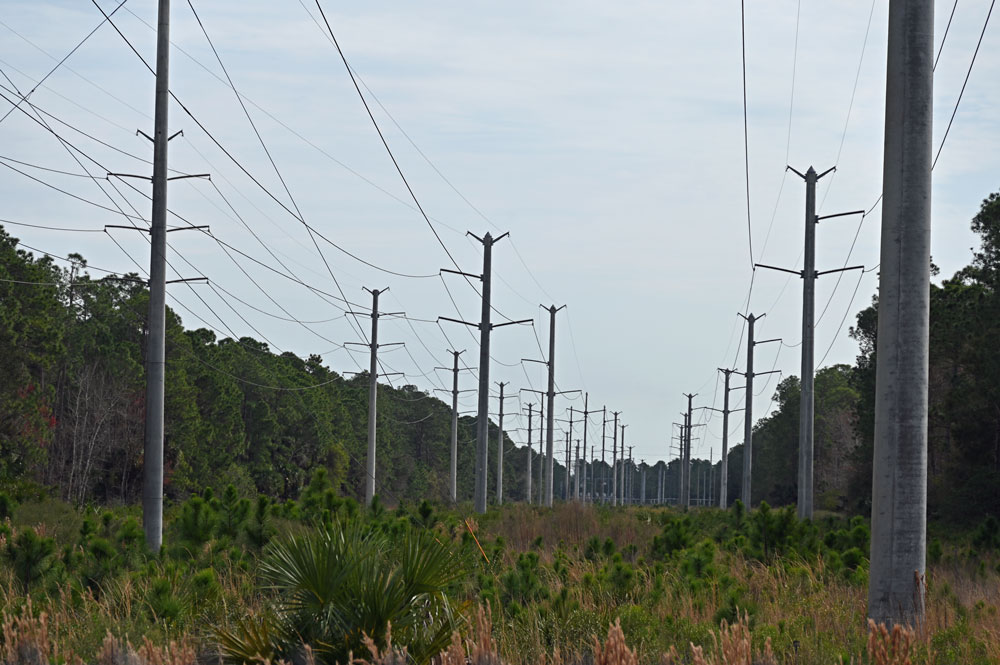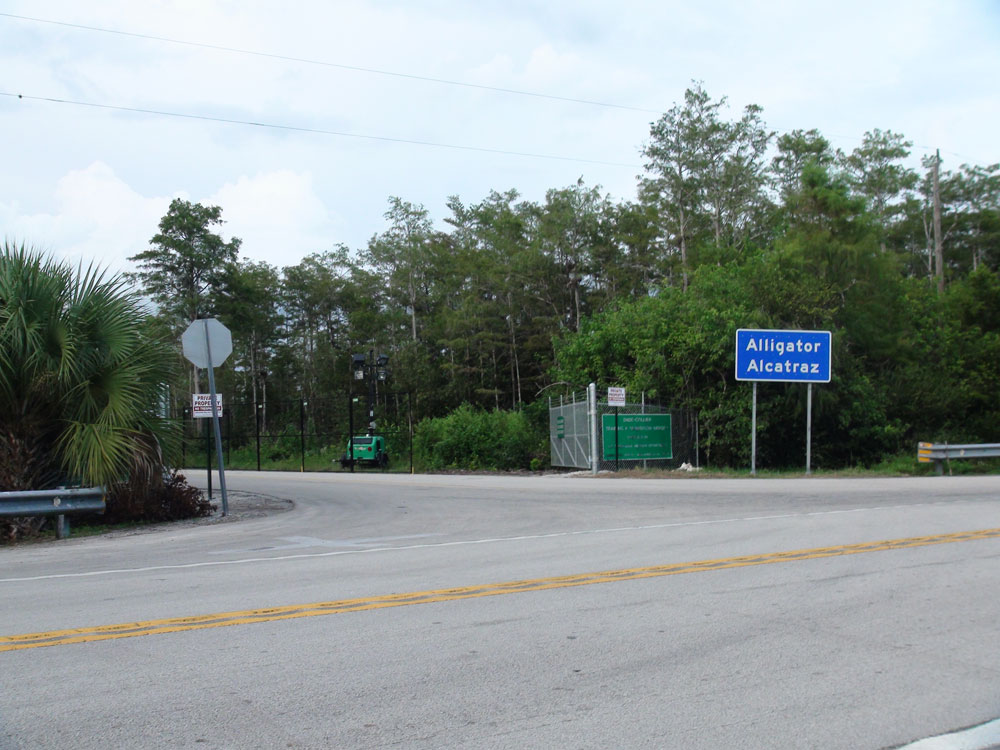Following the utility’s announcement on Friday that it and many other parties had reached a settlement in principle, state regulators on Monday put a halt to the highly anticipated lawsuit concerning raising Florida Power & Light’s base power rates.
The state Office of Public Counsel, which is legally mandated to represent consumers, is one of the parties to the case that has not signed on, and details of the possible settlement have not been made public.
The Florida Public Service Commission will hold a hearing this fall to hear testimony and arguments over the settlement’s approval, with FPL anticipated to file the specifics by August 20. January may see the implementation of new pricing.
The hearing was set to begin Monday. FPL filed a rate proposal on February 28th, asking for increases of $1.545 billion in 2026 and $927 million in 2027. Additionally, the plan intended for FPL to pass on solar energy and battery storage project expenses to customers in 2028 and 2029.
However, because to the possible settlement, the commission granted FPL’s motion to halt the case’s timelines. John Burnett, an FPL lawyer, noted that if the hearing went forward as planned, there would probably be disjointed issues.
Burnett stated that it is inefficient to proceed with this now.
However, a lawyer in the Office of Public Counsel named Mary A. Wessling opposed extending the hearing. She stated that she wanted to guarantee due process in the matter, as did the attorneys for the other parties who have not accepted the possible settlement.
According to Wessling, protecting our right to due process is our first priority.
Andrew Fay, a member of the Public Service Commission, added that he wants to get this right and mentioned the necessity of ensuring due process.
With a wide customer base, this is our biggest utility provider. “A lawyer named Fay said.”
Along with expenses like power plant fuel, base rates account for a significant portion of consumers’ monthly payments. At the Public Service Commission, base-rate cases can place over several months and entail a significant amount of financial and other data.
According to FPL’s filing, the Federal Government agencies, Armstrong World Industries, Inc., the Southern Alliance for Clean Energy, Americans for Affordable Clean Energy, Circle K Stores, Inc., RaceTrac, Inc., Wawa, Inc., Electrify America LLC, the Florida Industrial Power Users Group, the Florida Retail Federation, the Florida Energy for Innovation Association, Walmart, Inc., EVgo Services LLC, and others are also parties to the proposed settlement.
However, the organizations Florida Rising, the Environmental Confederation of Southwest Florida, the League of United Latin American Citizens, and Floridians Against Increased Rates have joined the Office of Public Counsel in objecting to the rate increase.
In base-rate lawsuits, settlements are rather typical. The four-year arrangement under which FPL operates is set to expire at the end of 2025.
According to FPL executives, the possible settlement would help the utility handle rising electrical consumption and offer dependable service.
According to FPL spokesman Bryan Garner, this would provide a great chance to resolve the matter for the advantage of our clients. Bills would remain cheap, considerably below the national average, as they have been for more than ten years, reliability would be high, and our state’s progress would be supported. Both Florida and our customers benefit from it.
However, Zayne Smith, senior director of advocacy for AARP Florida, argued against the likelihood of increasing charges and claimed the possible settlement was arranged behind closed doors.
Smith stated, “You have an unwarranted rate increase that could have been prevented.” That is harmful. A $5, $10, or $15 rise in your monthly power bill could mean the difference between buying food, filling up your petrol tank, or filling up a prescription.
Jim Saunders of the Florida News Service with Mike Exline of the NSF







